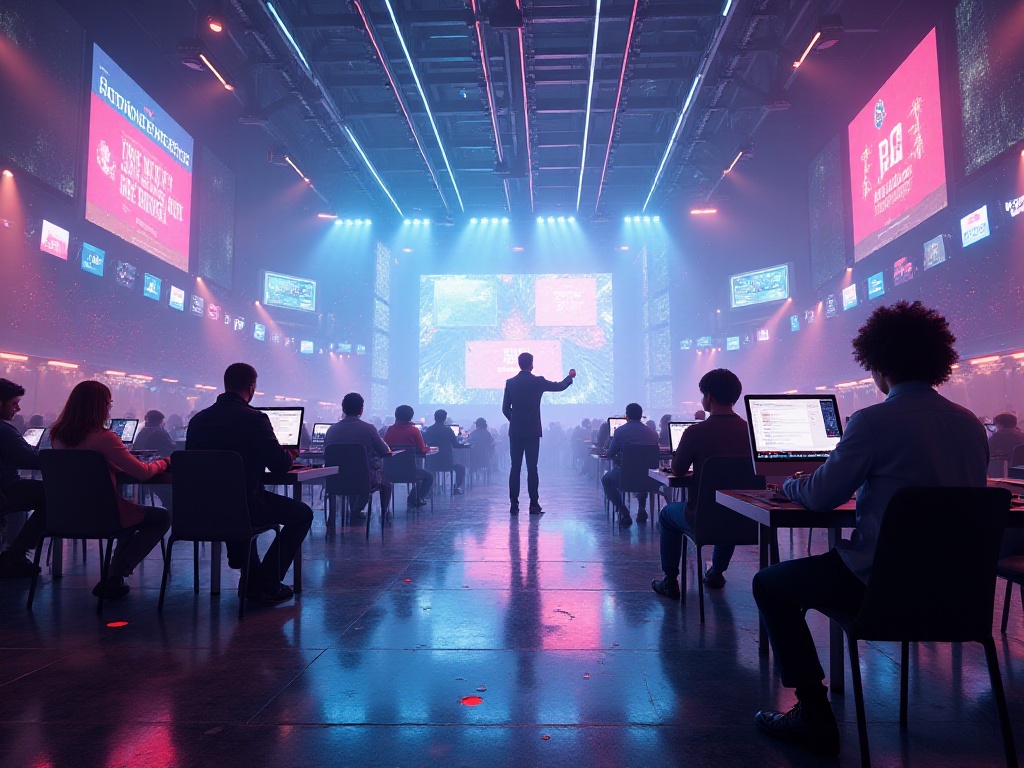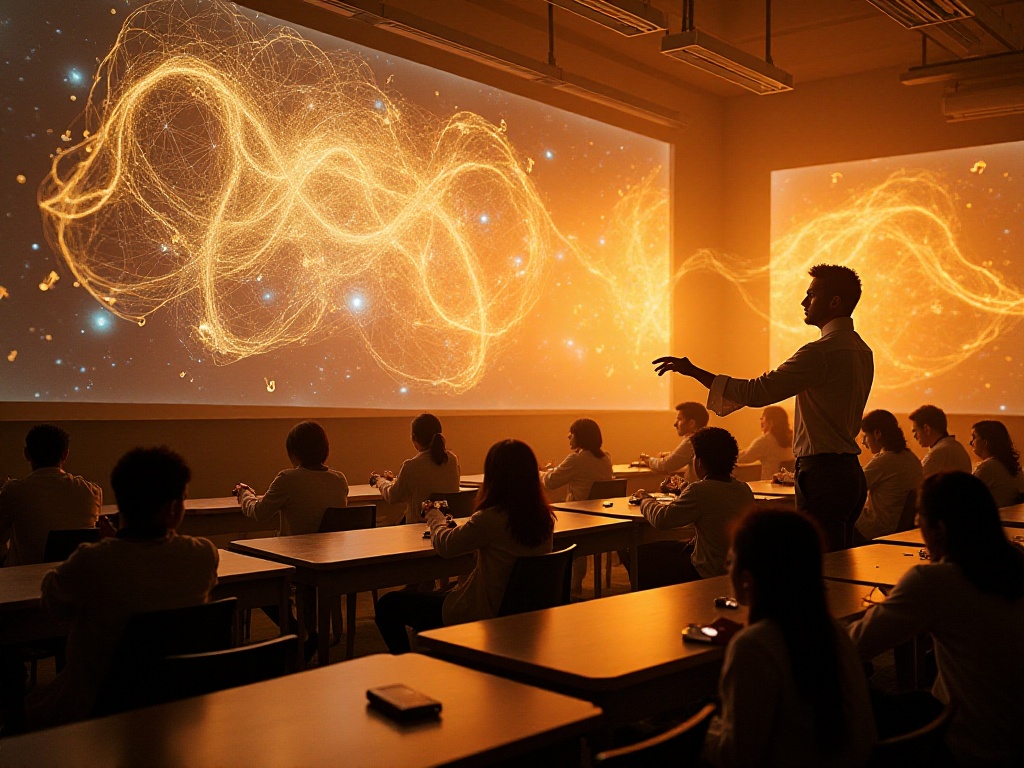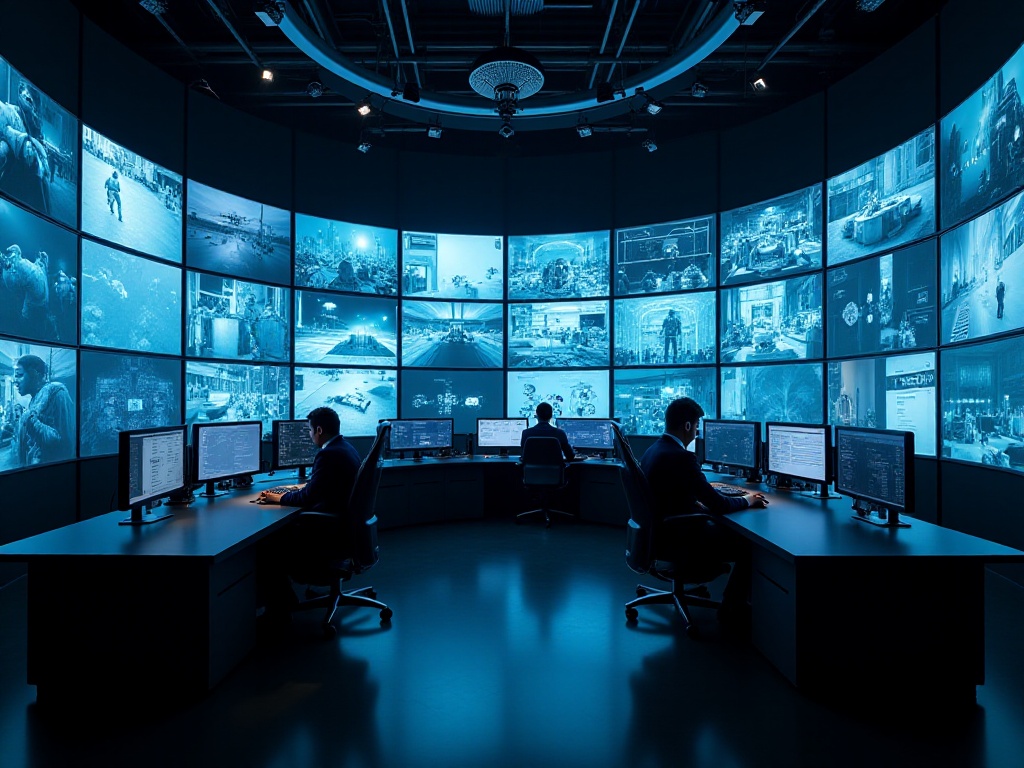Foreword
As an ordinary blogger deeply attracted by artificial intelligence, I think about one question every day: what changes will AI bring to our lives? Not those distant science fiction movie scenes, but the little things happening around you and me. Today, let's talk about this familiar yet strange topic together.
Daily Life
I remember when I first encountered Siri a few years ago, thinking it was just a simple toy that could at most check the weather or set an alarm. But now it's completely different. Every morning when I wake up, I habitually greet it, ask about today's weather and schedule, and even have it help me adjust various smart devices at home.
Speaking of smart homes, it really makes one sigh with emotion. I remember when I first moved into my new home, I spent a weekend replacing all the lights, curtains, and air conditioning with smart devices. That night, lying in bed, I habitually reached for the switch at the bedside, then suddenly remembered I could control it directly by voice. So I said to the air, "Xiao Ai, turn off the living room lights," and the lights actually turned off automatically. At that moment, I felt like I was really living in Tony Stark's JARVIS mansion from "Iron Man," that sense of the future was unbelievable.
Now I have more and more smart devices at home. The smart door lock can automatically open doors through facial recognition, the smart refrigerator reminds me when ingredients are about to expire, the smart robot vacuum cleaner automatically cleans rooms while I'm at work, and the smart speaker not only plays music but can control all smart devices. Most amazingly, these devices can work together collaboratively. For example, when I wake up in the morning, the curtains automatically open, the speaker plays my favorite music, and the coffee machine automatically starts brewing coffee.
According to the latest statistics, global smart speaker shipments in 2023 have exceeded 200 million units, an increase of nearly 30% from last year. In China, the smart home market size has reached 500 billion yuan. Behind these numbers is AI technology silently changing the lifestyle of thousands of households.
Take smart speakers for example, they are no longer just devices for playing music. They can help you order takeout, call a taxi, check traffic conditions, and even tell stories to children or chat with elderly people. My grandmother is 75 years old this year, and she used to think tech products were difficult to use. Since we installed a smart speaker, she chats with it every day, asking about the weather, listening to opera, and her life has become much more fulfilling.
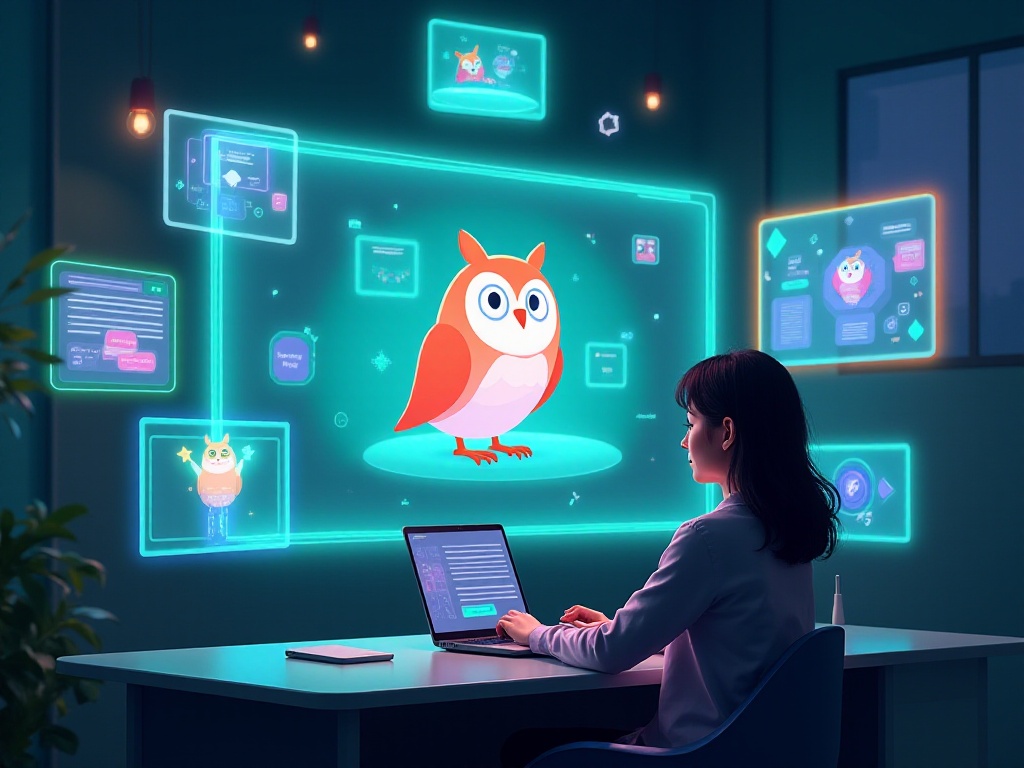
Transportation Revolution
Speaking of transportation, we must mention autonomous driving. Last year I was fortunate enough to try Tesla's autopilot system, and that experience was truly unforgettable. Sitting in the driver's seat, hands off the steering wheel, watching the car automatically change lanes, overtake, and turn - that feeling was both nervous and exciting. As of early 2024, Tesla's autopilot system has accumulated over 50 billion miles of driving, equivalent to circling the Earth over 1 million times.
But the development of autonomous driving technology hasn't been smooth sailing. I remember attending a tech forum last year where an expert explained the development process of autonomous driving technology. He said the hardest part of autonomous driving isn't getting the car to move, but teaching it to handle various complex road conditions. For example, when encountering road construction, sudden accidents, extreme weather, and other situations, the system needs to make correct judgments and responses.
Navigation systems have become increasingly intelligent now. They can not only plan optimal routes based on real-time traffic conditions but also predict which time periods and routes are most likely to be congested. Once when I was driving to another city for a business trip, the navigation system warned me half an hour in advance about construction ahead and suggested I take a detour. I later learned that if I had stayed on the original route, it would have taken at least two more hours on the road.
The development of intelligent transportation systems has also made cities smarter. Now many cities' traffic lights use AI control systems that can automatically adjust signal timing based on real-time traffic conditions. This has not only greatly improved road traffic efficiency but also reduced traffic accidents. Statistics show that road sections using AI traffic systems have improved vehicle passage efficiency by over 30% and reduced accident rates by 40%.
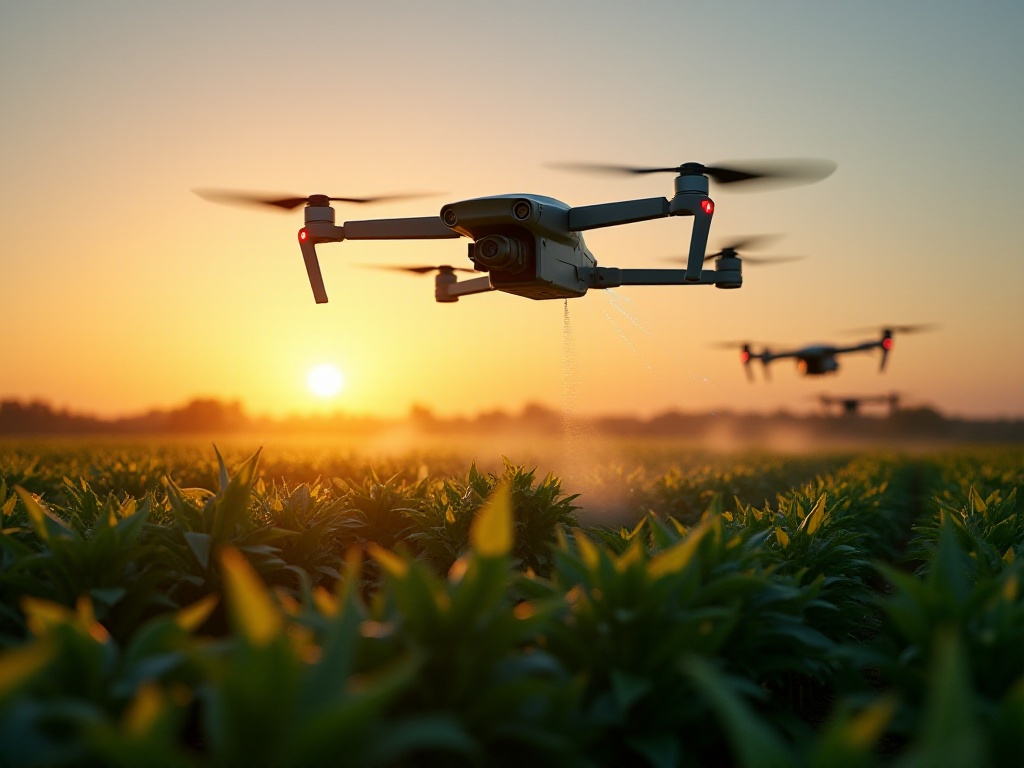
Education Innovation
In the field of education, AI applications might be what moves me the most. I have a cousin who struggled with English from elementary through high school. His test scores always hovered around the passing line, which really troubled him. Last summer, I recommended he try Duolingo, an AI language learning app. The results were surprisingly good - through AI personalized learning plans and real-time voice correction features, his English level improved dramatically. Now he can not only understand English movies but also regularly chats with foreign friends online.
Even more amazing are personalized learning platforms like Owlfit. It can analyze students' learning behaviors, error patterns, knowledge mastery levels, and other data to create customized learning plans for each student. This reminds me of Confucius's saying about "teaching according to the student's ability" - now through AI technology, this ancient educational ideal is becoming reality.
AI education has changed not only learning methods but also teaching methods. Many schools now use AI teaching assistant systems that can help teachers grade homework, analyze student learning data, and develop teaching plans. A teacher friend told me that it used to take two to three hours to grade one class's homework, but now with an AI assistant, it can be done in 20 minutes, and the grading is more thorough and fair.
The development of online education platforms has also made quality educational resources more accessible. No matter where you are, as long as you have a phone, you can listen to courses from top global institutions. AI systems recommend relevant courses based on your learning progress and interests, and provide timely guidance and answers when you encounter difficulties.
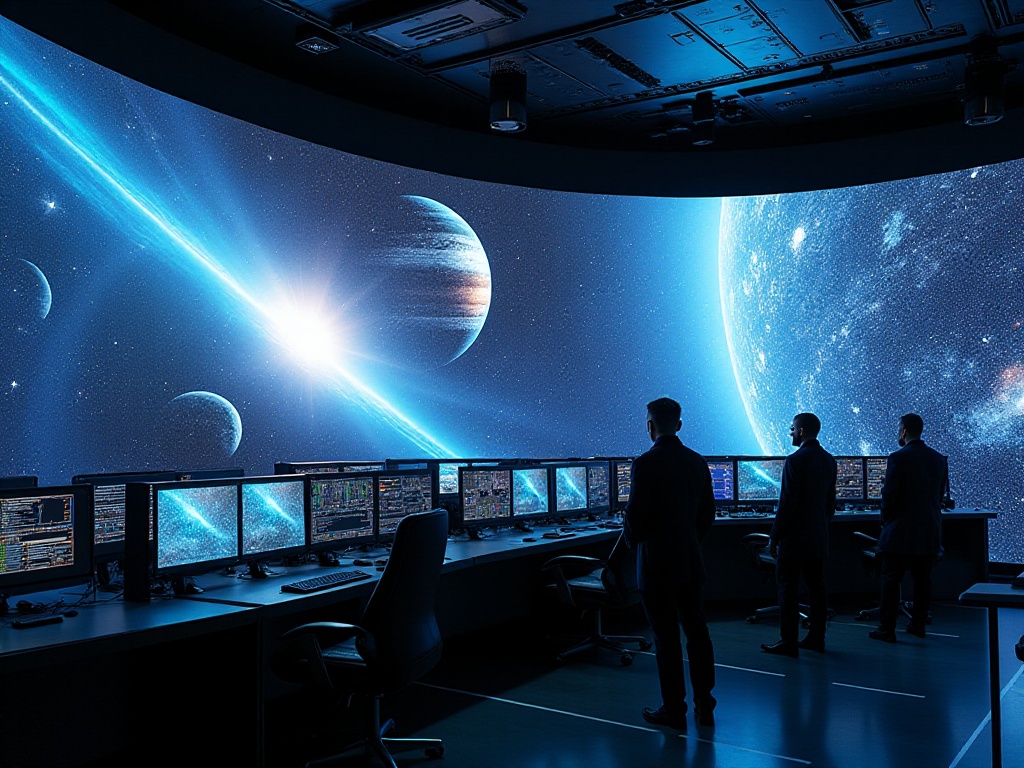
Medical Breakthroughs
In the medical field, AI applications can truly be lifesaving. Microsoft's InnerEye project can complete medical image analysis in seconds with an accuracy rate of over 95%. This means that even in remote areas without professional radiologists, conditions can be detected in time. I have a friend who works in a rural hospital that introduced this system. He said that previously, when encountering complex cases, they had to send the images to the city for expert consultation, which took several days round trip. Now with the AI system, they can get preliminary diagnostic results in minutes, greatly improving treatment efficiency.
AI applications in drug development are also amazing. Traditional drug development requires a lot of time and money, and the success rate is low. But with AI's help, scientists can quickly screen potential drug molecules, greatly shortening the development cycle. Statistics show that drug development projects using AI technology have a 40% higher success rate than traditional methods, and development time has been reduced by 30%.
Additionally, AI plays an important role in telemedicine. Many hospitals now use AI consultation systems where patients can get preliminary diagnoses through mobile apps. The system provides advice based on symptoms and refers to relevant department doctors when necessary. This not only saves patients' time but also reduces doctors' workload.
I recently saw an interesting application where some hospitals are starting to use AI robots for rehabilitation training. These robots can automatically adjust training intensity and methods based on patients' recovery conditions, and they always maintain patience and gentleness. For patients who need long-term rehabilitation, this is undoubtedly a great blessing.
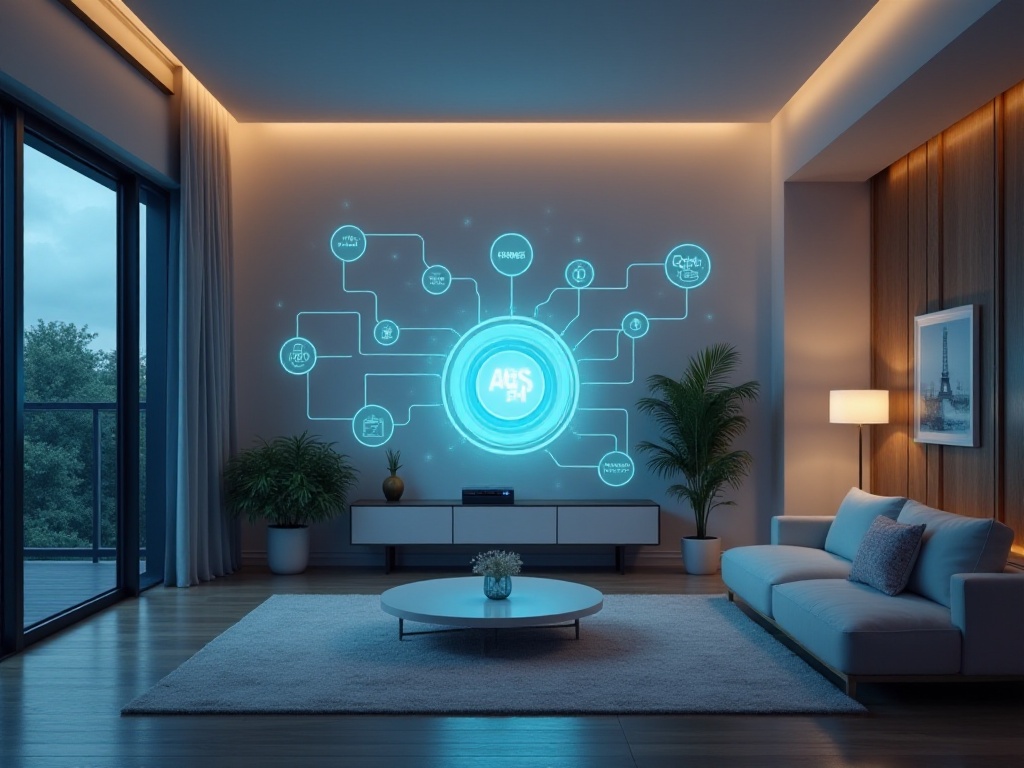
Financial Innovation
Speaking of finance, many people's first reaction might be quantitative trading in the stock market. But AI applications in finance go far beyond that. Now banks' intelligent risk control systems can complete risk assessment of a transaction in 0.1 seconds. When you transfer money on your phone, the system that verifies your identity in real-time has AI working silently behind it.
I recently applied for a new credit card, and the entire application process was completed on my phone. Filling out information, identity verification, credit limit assessment - the system took less than 5 minutes to give approval results. Behind this is the AI system rapidly analyzing my various data, including income situation, credit history, consumption habits, etc.
In investment and wealth management, AI applications are becoming increasingly widespread. Many financial platforms now offer AI investment advisory services that can create personalized investment portfolios based on users' risk preferences, investment goals, and financial situations. A friend who works as a fund manager said that now 80% of their company's investment decisions are completed by AI systems, with humans mainly responsible for strategy development and risk control.
Additionally, AI applications in anti-fraud are also amazing. Traditional fraud detection systems often react slowly, and by the time problems are discovered, losses may have already occurred. But AI systems can monitor transaction behavior in real-time and immediately alert when anomalies are detected. Statistics show that banks using AI anti-fraud systems have reduced fraud losses by over 60%.
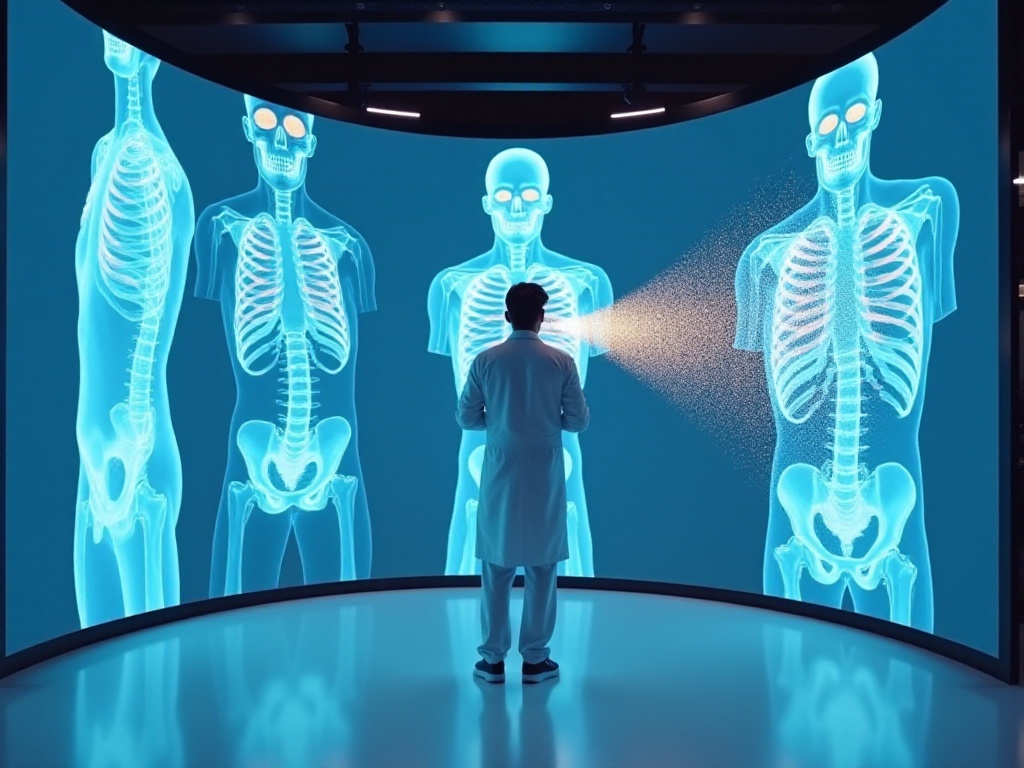
Business Services
Remember the last time you shopped online and the system recommended that item that perfectly matched your taste? That's the work of AI recommendation systems. They accurately predict products you might be interested in by analyzing your browsing history, purchase records, favorite collections, and other data. Statistics show that 75% of Netflix users' viewing behavior comes from AI recommendations, a truly shocking number.
AI applications in customer service are also becoming increasingly widespread. Many companies now use AI customer service systems that can not only work 24 hours but also handle hundreds or thousands of user issues simultaneously. Most impressively, these AI customer service systems can recognize users' emotions and automatically transfer particularly urgent or dissatisfied customers to human customer service.
I recently experienced the efficiency of AI customer service while shopping on an e-commerce platform. In the middle of the night, I discovered a problem with the product I bought. I thought I would have to wait until the next day to deal with it, but unexpectedly, the AI customer service immediately provided a solution and helped me apply for a refund. The entire process took less than 5 minutes, and the experience was very good.
In the marketing field, AI applications are even more amazing. By analyzing massive user data, AI systems can accurately predict consumer needs and behaviors. For example, some retailers adjust product inventory based on AI predictions, and some restaurants adjust their menus based on AI analysis. This not only improves operational efficiency but also provides consumers with better service experiences.

Future Outlook
Having read this far, do you also feel the earth-shattering changes brought by AI? But I think these are just the beginning. Future AI will become smarter and more deeply change our way of life.
Perhaps in the near future, we will have smarter home systems that can automatically adjust temperature, humidity, and lighting based on family members' routines; we will have more advanced medical systems that can warn of diseases in advance; we will have smarter education systems that can truly achieve teaching according to individual abilities; we will have safer financial systems that can effectively prevent various risks.
What are your thoughts on AI's future development? As participants and witnesses of this technological revolution, we are each personally experiencing the changes of this era. Perhaps years later when we look back, we will be grateful to have lived in this exciting era of rapid AI development.
The future has arrived, let's together embrace this AI new era full of unlimited possibilities.



